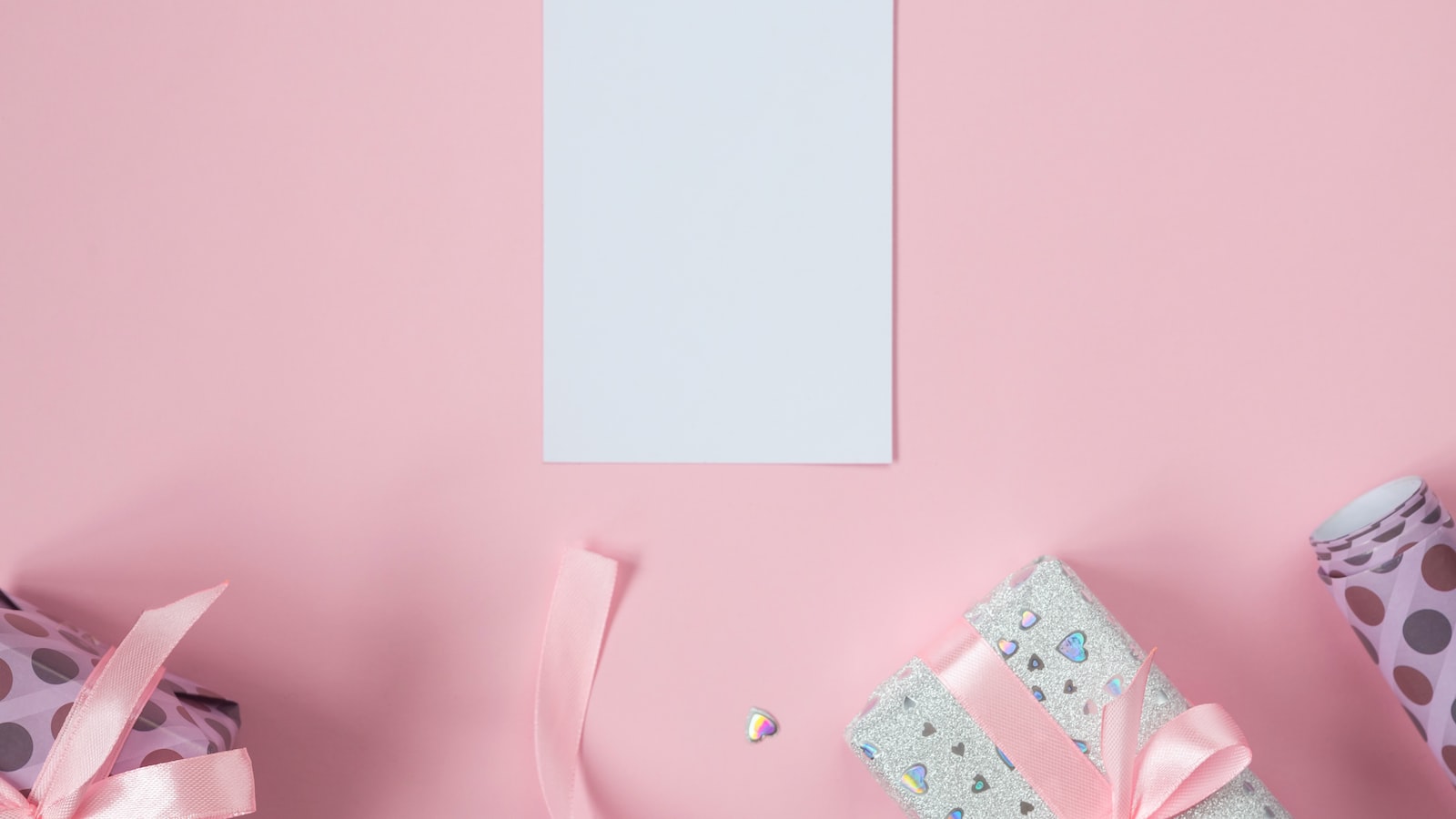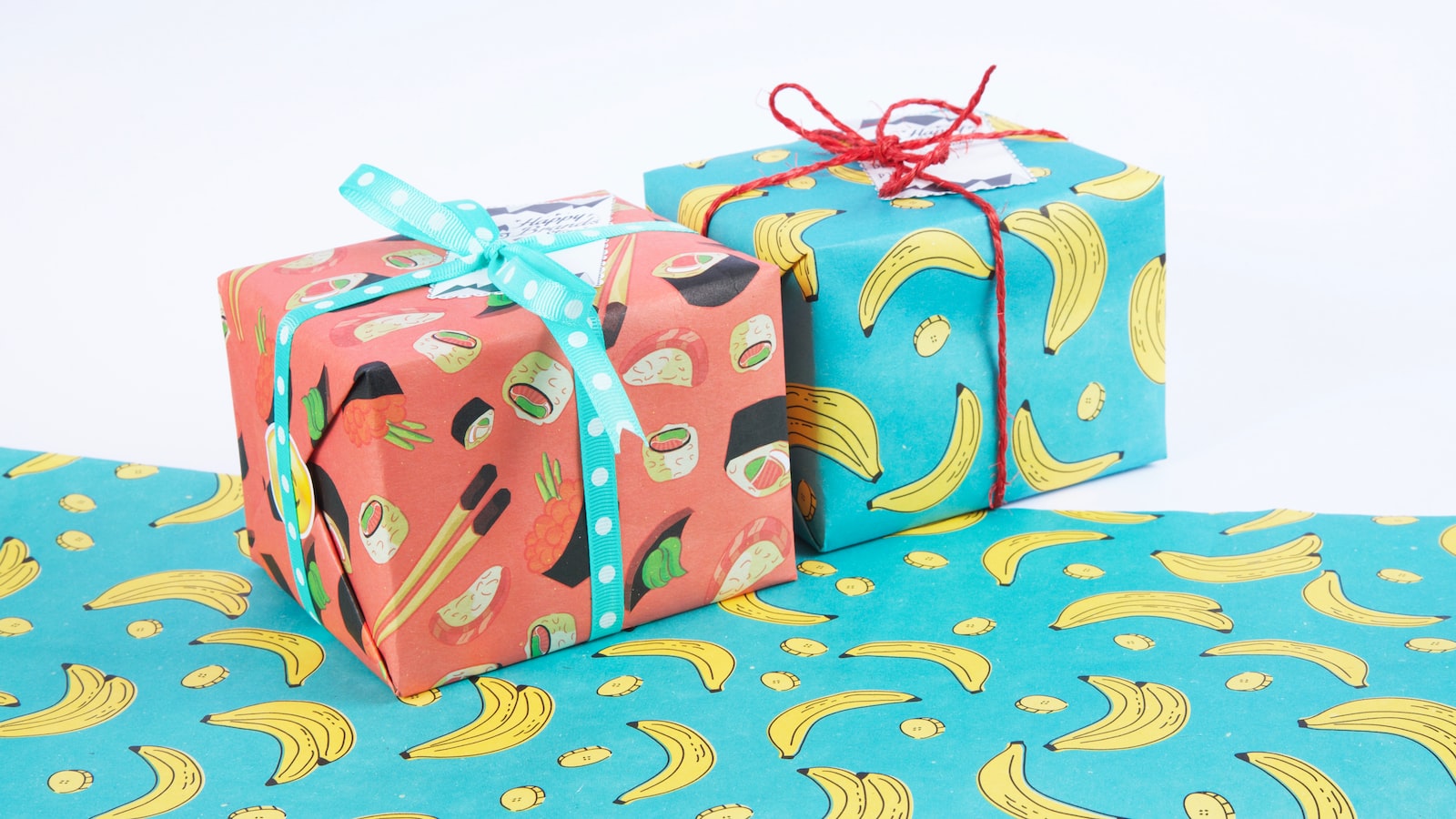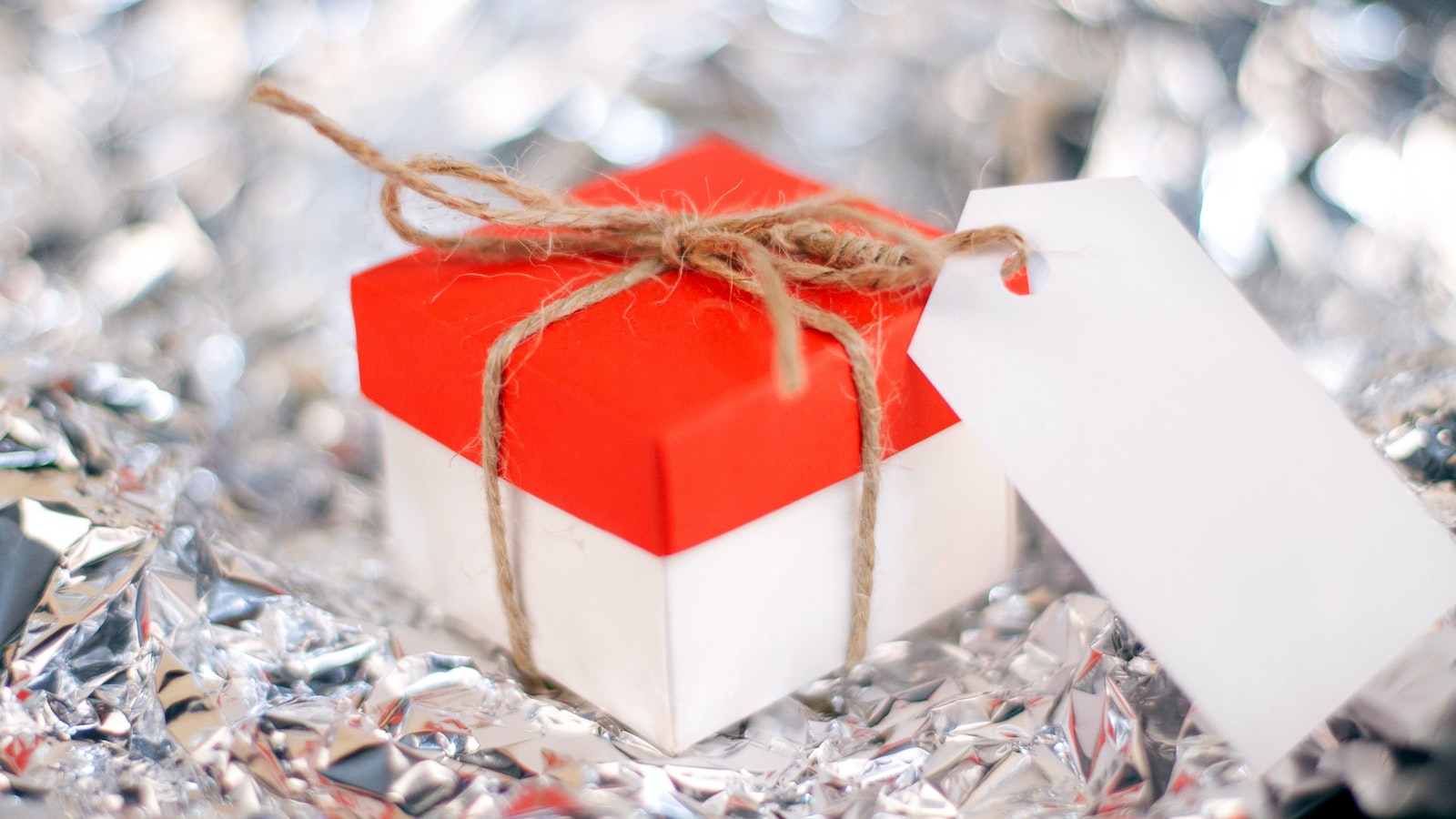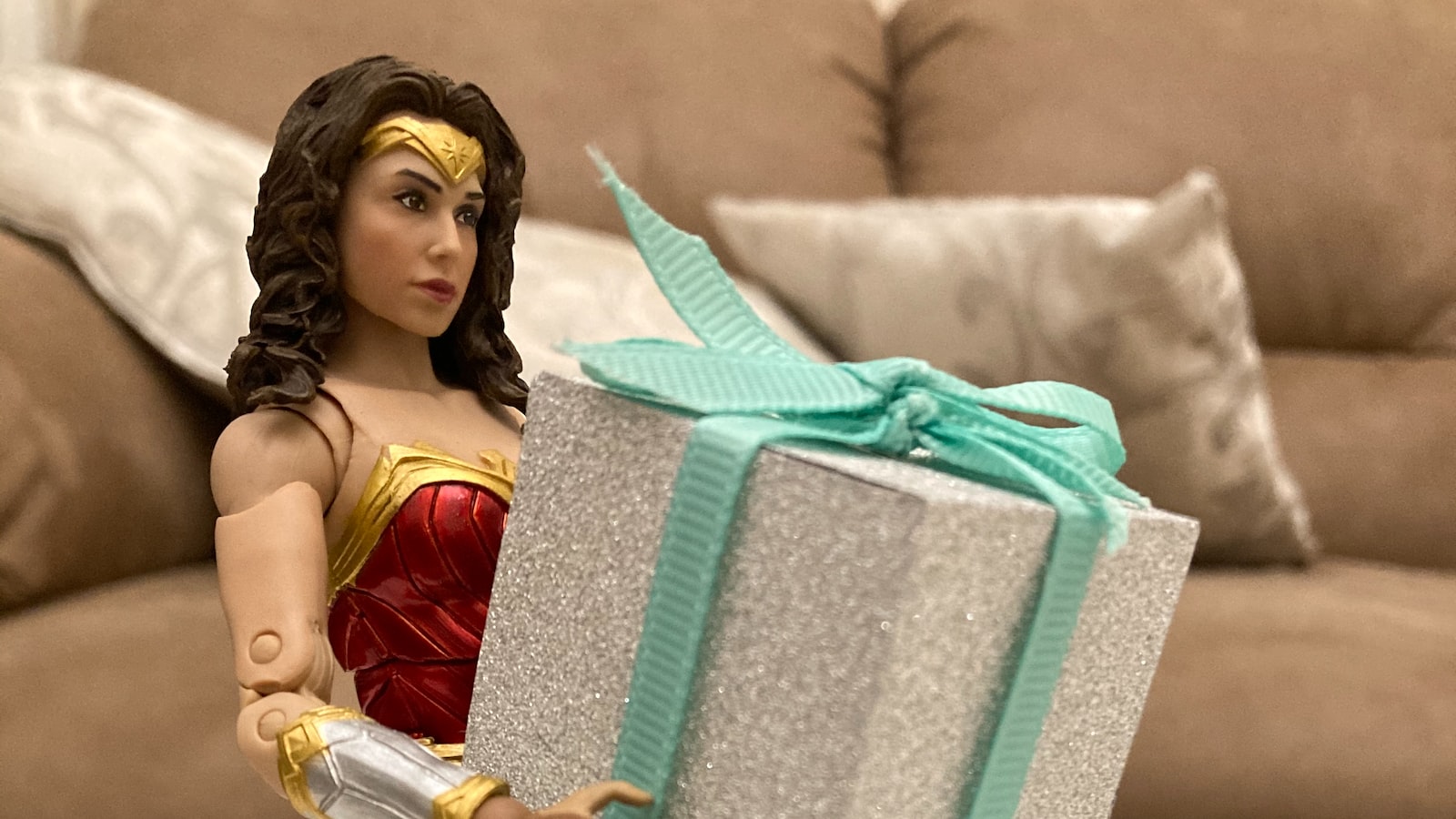Is “Déjà Vu” a Gift or Curse?
Do you ever feel like you are experiencing something for the second time, even though you know you are encountering it for the first time? This phenomenon is called déjà vu, and it can be an interesting and intriguing experience, but can it be a gift or a curse? This article dives into what déjà vu is, its potential causes, and ultimately ponders if there is a benefit or drawback to this phenomenon.
1. What is Déjà Vu?
Déjà vu is the feeling that you’ve experienced a moment before, even if you’re sure you’ve never encountered it before. It’s also used as a colloquialism for the recognition of familiarity even if you can’t recall precise details. People have described the feeling as “weird,” “strange,” “bizarre,” and many other words to try and explain the unexplainable.
This phenomenon has been debated by scientists for decades. While the exact causes of déjà vu remains unknown, many theories attempt to explain it. Here are a few possible theories:
- Repetition Suppression: This theory states that the brain has a ”recall inhibition” which artificially suppresses memories and re-encounters. It’s believed that this “inhibition” is the reason why a person can experience a moment for a second time, despite having no recollection of the first time.
- Crossed Wires: According to this theory, the neurons in the brain are misfiring in such a way that one of our senses, such as sight, override our conscious awareness of an event. This means that while the event is being experienced, it’s not being recognised which can lead to the feeling of déjà vu.
- Alternative Universe Theory: This theory suggests that déjà vu is caused by parallel universes in which the same event is experienced in different ways. It’s thought that a person may have a fleeting glimpse into a parallel reality during a déjà vu experience.
No matter the cause, déjà vu is a feeling shared by many, and it’s one of the few universal mysteries of the human experience.

2. Is Déjà Vu a Gift or Curse?
Déjà vu has been described as ‘the strangest of all human experiences’, and it can feel like a magical or powerful experience. But is it a gift or a curse?
- The Gift of Déjà Vu – Déjà vu can give you a feeling of being connected to the universe, or a feeling of unity with the world. It can be a powerful reminder of the reality of spiritual connections, and the potential for creative connections to emerge.
- The Curse of Déjà Vu - Déjà vu can be unsettling and distracting. It can be a sign of psychological imbalance, such as a brain disorder or severe stress. If you’re experiencing frequent episodes of déjà vu, it’s best to talk to a doctor or psychiatrist about it.
At the end of the day, it’s impossible to tell whether déjà vu is a ‘gift’ or ‘curse’—it’s ultimately up to the individual to decide how to interpret the experience. Some people might view it as a sign of spiritual growth, while others might choose to see it as an inconvenience or a source of concern.

3. How Can We Exploit Déjà Vu?
Déjà vu can be an intriguing experience, leaving us perplexed and inspired to uncover its true nature. Even with a much-debated topic on its fundamental nature, it could still be exploited for tangible advantages. There are a few ways to make the most out of déjà vu:
- Deeply explore the feeling. By closely examining the sensation when it occurs, we might gain hints that can help us interpret and prepare for our future circumstances.
- Focus on the positives. Though it can be eerie, using déjà vu for motivation and inspiration instead of letting it overwhelm us could be a more profitable strategy.
- Look back into the past. Keeping records of past déjà vus can be quite beneficial as well. It can be similar to writing a diary, which helps us understand our own selves better.
We can also learn from the perspective of neuroscience. Parts of our brain known to process time and memory can help us distinguish between déjà vu, imagination, and reality. Finally, understanding how our behavior or state of mind affects déjà vu can potentially increase its use in everyday life.

4. What Causes Déjà Vu?
Déjà vu is certainly a mysterious phenomenon, so it makes sense to wonder what exactly causes it. One of the main explanations is that déjà vu is simply a slip in the brain and nothing more. This theory states that the mind incorrectly remembers the place or situation and creates the sensation that you have seen it before. People can experience déjà vu for a number of reasons such as:
- Memory mix-up: Your brain may mistake memories from the past for the present.
- Sensory overwhelm: When your senses take in too much information, your brain may experience a brief delay while organizing the input.
- Stress: Feeling overwhelmed in high-stress situations can lead to déjà vu.
- Sleep deprivation: Lack of sleep can impair cognitive function, causing a misfiring of memory circuits
- Medications: Certain drugs can affect brain chemistry and create a sense of déjà vu.
It’s important to note that déjà vu can be triggered by a combination of the factors above. The experience is often fleeting, so the causal agent may not be accurately identified. Regardless of the cause, déjà vu is a curious phenomenon that will continue to captivate us as science learns more about it.

5. Is Déjà Vu Always Positive?
No, déjà vu is not always positive. While it can be a pleasant or exciting experience in certain situations, it can also be quite unpleasant or even terrifying.
- Reasons why Déjà Vu can be Negative
- It can be quite disorienting and confusing to experience, leaving people feeling unsure and disoriented.
- It can often manifest as an anxiety or panic attack for those who don’t understand what is happening.
- If associated with past traumas, déjà vu can be a trigger that brings up old memories and feelings related to a traumatic event.
- It can also be a sign of a neurological disorder, such as epilepsy or Alzheimer’s disease.
In some cases, déjà vu can be a warning sign of something bad, like a premonition or a feeling of impending doom. People who experience this type of déjà vu may ignore it or deny it, thinking it’s just their own fear or anxiety, but in some cases it can be a sign of something serious.
Ultimately, it’s important to pay attention to your own déjà vu experiences. While it’s not always something negative or to be feared, it’s important to pay attention to the thoughts and feelings you’re having so that you can understand what the experience is telling you.

6. Can Déjà Vu Be Controlled?
When it comes to déjà vu, there are many that believe it is either a gift or a curse. But can it be controlled? That is a question that remains largely unanswered.
Some have suggested that there is a slight ability to control déjà vu experiences, but don’t expect a step-by-step guide on how to do this. The most accepted method is to practice relaxation techniques such as deep breathing or even meditation. These practices help to slow down mental activity and it is believed that doing so can help to lessen the intensity of déjà vu moments.
Whether or not these techniques work will still be debated, as nearly everyone experiences déjà vu differently. It’s unlikely that any methods of controlling déjà vu will be universally accepted, as this phenomenon is highly individualized.
- It is widely accepted that relaxation techniques can be used, such as deep breathing and meditation.
- Déjà vu is highly individualized - any methods used to control it may not necessarily work for everyone.

7. Conclusion: Is Déjà Vu a Gift or Curse?
So, is déjà vu a gift or a curse? The answer is: it all depends on how you look at it.
On one hand, some may view it as being able to experience the same feeling of comfort twice, and being able to recognize familiarity in a new experience. This can be beneficial when making decisions and anticipating the future.
On the other hand, some may feel overwhelmed and anxious at the feeling of déjà vu, which can cause confusion and disorientation. It can also be worrisome to think that something you are experiencing has already happened before.
- For the believer: déjà vu is a sign that something important is coming your way, so you should be prepared to take advantage of the opportunity.
- For the sceptic: déjà vu is a natural phenomenon that occurs in the brain, and is nothing to be overly concerned about.
At the end of the day, whether you view déjà vu as a gift or a curse will depend on your own experiences and perspective.
Conclusion
In conclusion, déjà vu can feel like a confusing and disorienting experience. But whether it’s a gift or a curse is ultimately up to you—it’s unique to every individual’s perspective and interpretation!
